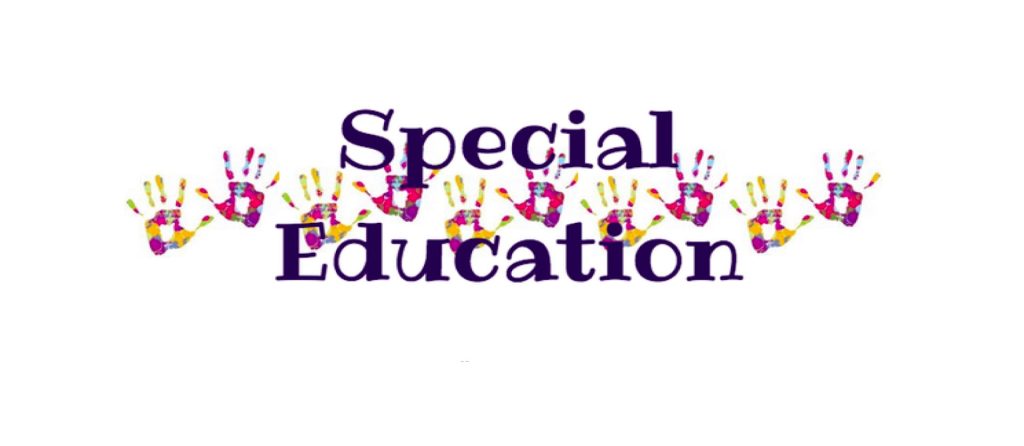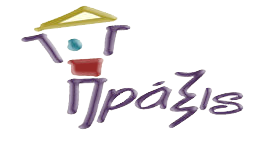Special Education
What does the term “special education” mean?
Special Education as a science has only recently started to become a mainstay in the research fields. One of the main aims of modern special education is the integration of children with special needs in their family, in school and the society in which they live in.
Therefore the eradication of marginalization and isolation of children with different needs is the most important goal of special education
One of the most recent official terminology about special education is: “ Special education is the aggregate of educational services provided to students with disabilities and diagnosed special educational needs or students with diagnosed special educational needs”(Law 3699/2008)
Which children can attend special education sessions?

It is aimed at children and adolescents with:
- Special Learning Difficulties (Dyslexia, Density, Dysgraphia, Dysgraphy, Dyspraxia)
- General Learning Difficulties
- Mental Delay (Light, Moderate, or Serious)
- Speech and speech disorders
- Visual and hearing impairment
- Concentration and Attention Disorders (ADHD)
- Developmental Autism Spectrum Disorders, Asperger’s Syndrome
- Kinetic shortcomings
- Adjustment Difficulties
- Behavioral difficulties
Special educator’s role:

- Educational-pedagogical evaluation
- Planning a personalized intervention program and creating individually made (when needed) material.
- Setting up the educational environment according to the student’s needs
- Cooperation with the intersectional team in order to provide holistic approach to the issues that need addressing.
- Cooperating with parents and providing them with valuable advice.
- Cooperating with the students school
- Providing motivation to the students.
Evaluation

- The department is responsible for assessing the child's abilities and identifying its deficits.
- Να αποφασιστεί αν ο μαθητής χρειάζεται τις υπηρεσίες της ειδικής αγωγής
- The planned intervention program is tailor-made, tailored to the particular needs and abilities of each child, taking into account their personal rhythm of learning.
- Να σχεδιαστεί η κατάλληλη διδασκαλία
- Να αξιολογεί την πρόοδο και τον ρυθμό μάθησης του μαθητή.
- Speech development
- Cognitive skills
- Logic and mathematic way of thinking
- Fine motor skills and writing movement coordination
- Gross motor skills
- Body awareness- somatognosia
- Emotional and social development
- Daily life skills
What can be included in special education sessions?

- Learning phonological awareness
- Teaching Recognition and Spelling
- Development - practice of speech production and descriptive skills
- Development and enrichment of vocabulary
- Learning alternative ways of communicating
- Practice writing
- Learning strategies and methods for studying
- Strengthening perceptual skills and learning concepts
- Teaching of mathematical reasoning and mathematics
- Practicing fine and gross movement
- Exercise of writing movement skills
- Learning and practicing daily life activities
- Fiction and play development programs
- Learning and practicing social skills
- Modifying behavior for setting boundaries, increasing attention, concentration and reducing hyperactivity
- Psychological support for the child to enhance self-esteem and develop a sense of success
Why is CoOperation between educators and parents important?
Parental co-operation is essential to the conduct of the treatment program as family environment is crucial in the child’s development, especially in the beginning of his childhood.
Parents and special educators must cooperate with a common goal, to improve the child’s life, in mind. It is important for balance in the relationship of parents and special educators to exist and their cooperation to be based on mutual understanding.
Parents know their offspring better than anyone else and can help sp. Educators acquire a well rounded opinion for the child’s needs.
Specialists must have a advisory and supporting role in order to help the parents create a family environment that can meet the child’s needs and help the integrate aturally in the family’s everyday life.
